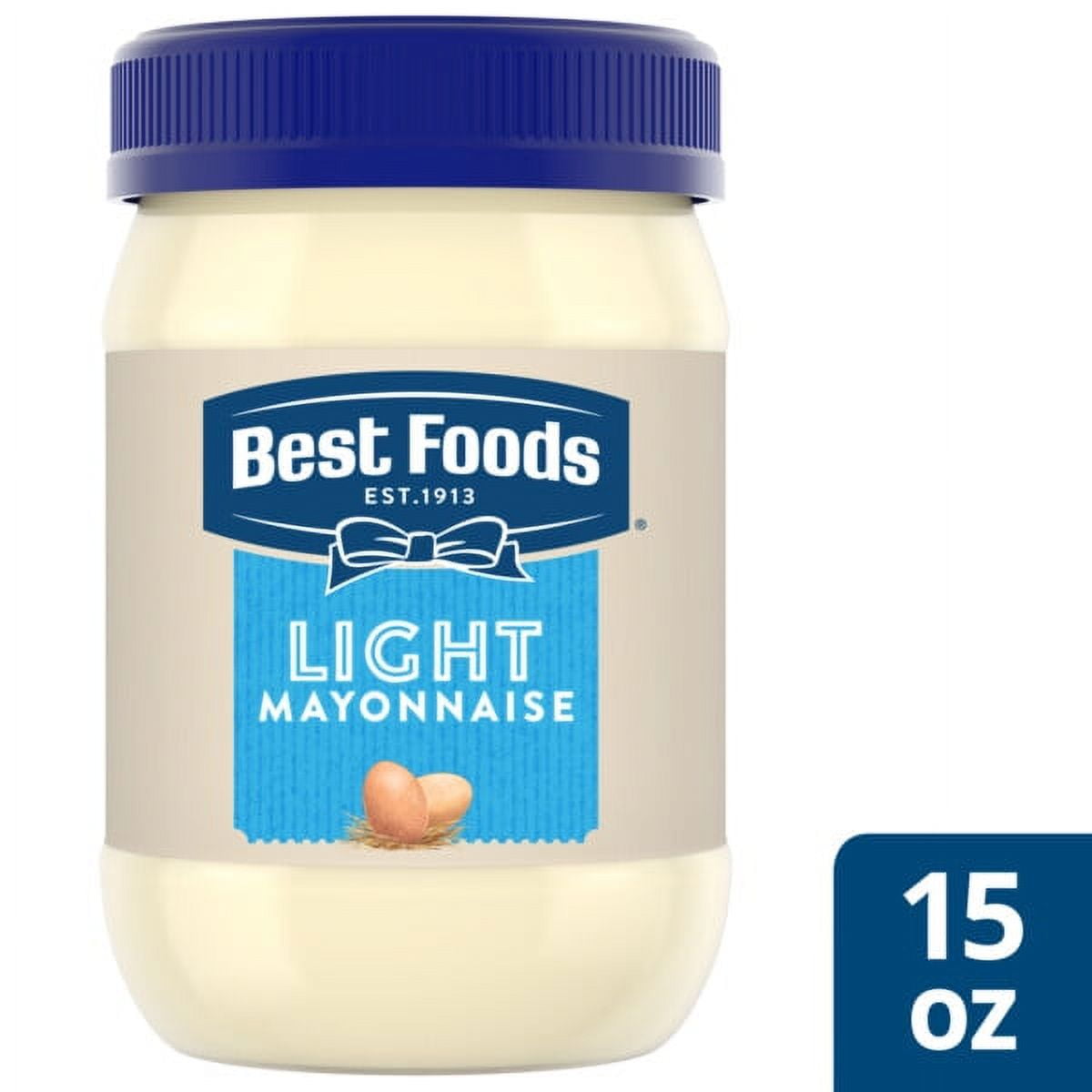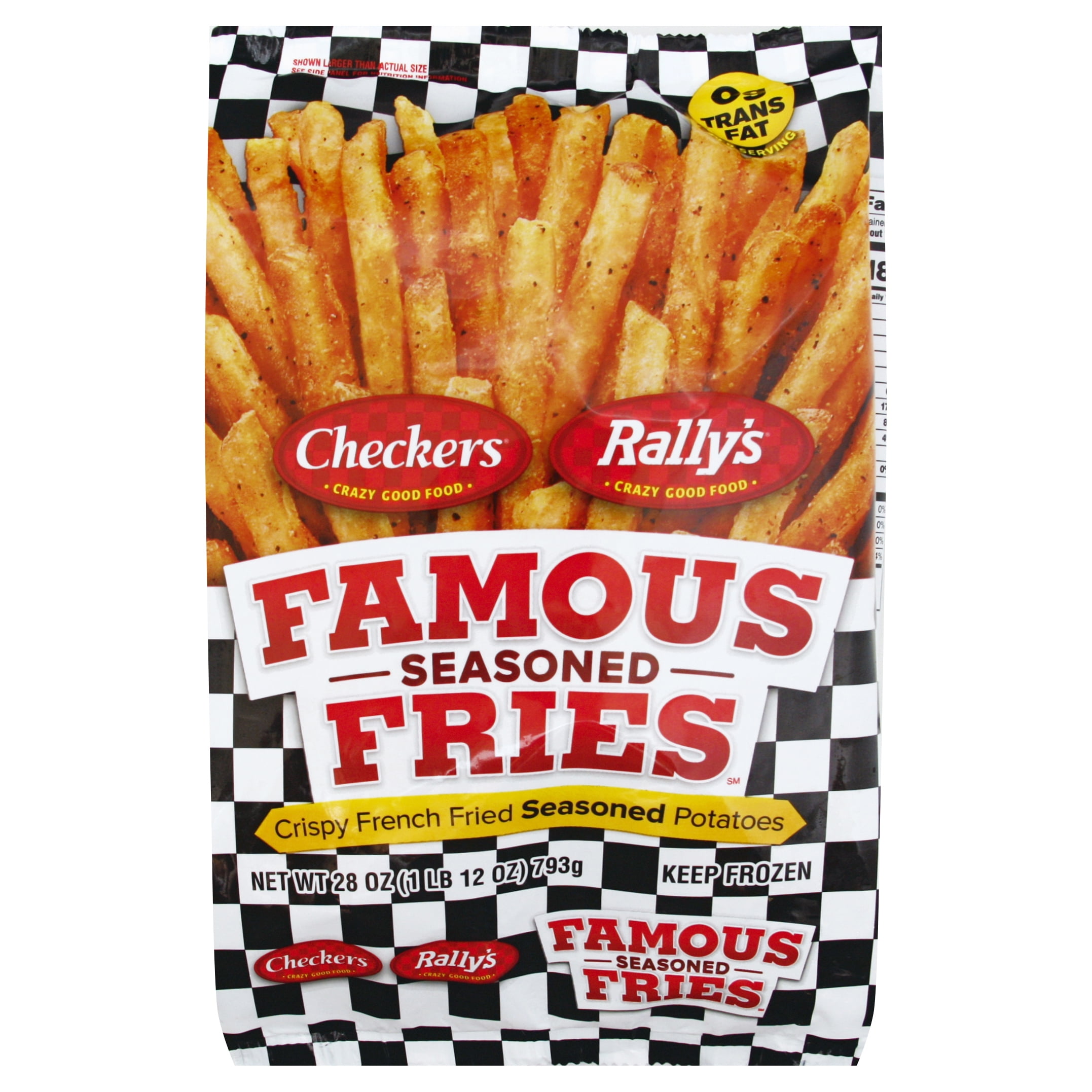Is Coca-Cola Healthy?

COLA Food Label
Coca-Cola’s overall healthiness leaves much to be desired, primarily due to its classification as an ultra-processed drink. Here are the key ingredients that stand out:
- Carbonated Water: The base of the drink, providing hydration but with no calories.
- Additives: Includes four ultra-processing ingredients: aspartame, potassium benzoate, natural flavor, and acesulfame potassium. Be aware that these additives may not align with a clean-eating philosophy and can impact health.
- Coloring Agent: Caramel color, an artificial ingredient that contributes to Coca-Cola’s hue.
This soda is free from gluten and does not contain common allergens like dairy or nuts.
🥥Looking for more pantry and fridge staples? Browse our full Products page for snacks, beverages, and everyday basics.
What You Should Know When Checking COLA's Food Label
When assessing Coca-Cola's food label, consider that while it may not be high in sugar or calories, the presence of multiple artificial ingredients and sweeteners could pose concerns for those aiming for holistic health. The use of artificial flavors may also detract from the nutritional value you’d seek in a more natural diet. If you’re mindful about ultraprocessed foods in your lifestyle choices, it’s essential to approach Coca-Cola with caution and prioritize healthier alternatives.
👉Craving something more savory? Beefsteak No Seeds Rye Bread offers a bold, dense texture that pairs well with deli meats or cheeses,especially if you're enjoying a classic lunch with a can of Coke on the side.
Take control of your dietary choices today—use the GoCoCo app’s Food Scanner to uncover hidden insights and make informed decisions for your health!
Balancing Coca-Cola with Your Weight Management Goals
When it comes to weight loss or maintenance, Coca-Cola presents a mixed bag of potential pros and cons. While it’s true that Coca-Cola is low in calories, it lacks fiber, which is essential for promoting satiety and curbing overall calorie intake. Consuming beverages like Coca-Cola without any accompanying fiber-rich foods may leave you still feeling hungry, leading to extra snacking later on. For those managing their weight, it’s essential to view Coca-Cola as a treat to enjoy rather than a dietary staple.
For a balanced approach, you can still incorporate Coca-Cola into your weight-conscious diet with a mindset of moderation. By sidestepping the temptation to reach for a can every day, you open up opportunities to enjoy this fizzy drink in a way that complements your overall eating habits. Remember, this beverage can fit within a lifestyle focused on whole foods and wellness, but it’s best consumed sparingly!
Here are some practical tips for incorporating Coca-Cola while supporting your weight management journey:
- Pair with Protein: Enjoy Coca-Cola alongside a meal rich in plant-based proteins, such as a chickpea salad, to help with satiety.
- Use as a Mix: Try using a small amount of Coca-Cola as a mixer in homemade mocktails or with kombucha for a refreshing twist.
- Dilute with Sparkling Water: For a lighter option, mix Coca-Cola with sparkling water to reduce the overall volume while adding effervescence.
- Combine with Whole Foods: Pair it with lighter fare such as grilled vegetables or quinoa to enhance overall nutrition.
Quick Tip: When enjoying Coca-Cola, consider pairing it with fiber-rich snacks like raw veggies or a handful of nuts. This combo can help stabilize your energy levels and keep you feeling satisfied!
By making thoughtful choices, you can savor your Coca-Cola experience while staying mindful of your health and weight management objectives.
Navigating diabetes management with Coca-Cola
Integrating Coca-Cola into a diabetic-friendly diet can be tricky, given that it contains artificial sweeteners rather than whole foods or grains that may benefit blood sugar control. While the drink is low in sugar and calories, the absence of nutrients typically found in whole grains means it doesn't provide the same benefits as more wholesome options. For those managing diabetes, it's crucial to be smart about how and when to enjoy Coca-Cola.
Here are some practical tips for incorporating Coca-Cola into your meals while balancing your overall glycemic load:
- Pair with Fiber-Rich Foods: Enjoy Coca-Cola alongside meals that include lean proteins and fiber sources, such as legumes or whole grains, to help stabilize blood sugar levels.
- Moderation is Key: If you choose to indulge in a can of Coca-Cola, do so in moderation and combine it with meals that are rich in vegetables and healthy fats to create a more balanced plate.
- Create Satisfying Mocktails: Use Coca-Cola as a base for a refreshing mocktail by mixing it with fresh lime juice and muddled berries. This adds more nutrient value and a flavorful boost.
- Opt for a Mini Version: Instead of a full can, consider a smaller serving to reduce overall intake while still partaking in this fizzy treat.
As you navigate your dietary choices, using tools like the GoCoCo product scanner can offer valuable insights into food options, helping you track your meals and provide personalized recommendations for healthier choices. Empower yourself to make informed decisions for your well-being!
If you’re looking to balance out a soda with a lower-carb option, Nature’s Own Soft White Keto Bread makes it easy to keep things light while still enjoying a sandwich.
FAQS
finding balance with Coca-Cola
In summary, while Coca-Cola may not be an ideal everyday beverage for those focused on weight management and diabetes control, it can still fit into a health-conscious diet when enjoyed in moderation. With its low calorie content but lack of important nutrients, it serves as a refreshment rather than a nutritional powerhouse. Prioritizing whole grains and fiber-rich foods remains key to effective dietary management, as these contribute to satiety and better blood sugar control. The GoCoCo app can empower you to make informed choices by assessing the product’s health score tailored to your specific goals. As you reflect on how Coca-Cola fits into your broader dietary strategy, remember to incorporate the practical tips discussed and focus on wholesome ingredients to support your health journey.




